The Truth About Down Payments in NYC & Long Island: You Don’t Need 20%
If you’re a first-time homebuyer in Queens, Brooklyn, or Long Island, chances are you’ve been told you need 20% down to buy a home. And chances are—that “rule” has been keeping you renting way longer than necessary.
Here’s the truth: you don’t need 20% down to buy a home.
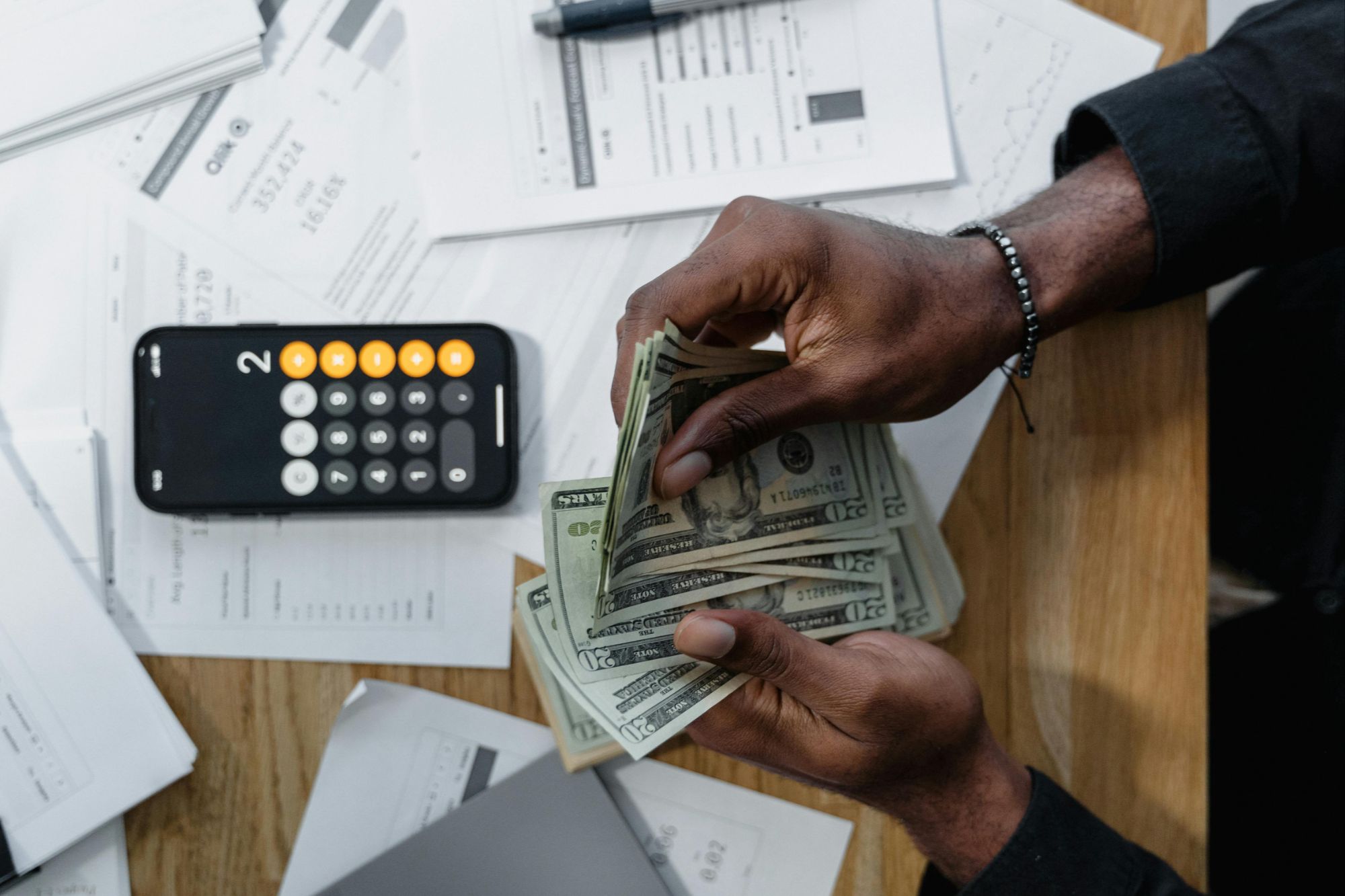
Where Did the 20% Myth Come From?
The 20% number comes from old-school thinking. Yes, putting 20% down eliminates PMI (private mortgage insurance), but in today’s market, waiting years to save that much could actually cost you more than buying with a smaller down payment.
What First-Time Buyers in NYC & Long Island Actually Need
-
FHA Loan: As little as 3.5% down.
-
Conventional Loan (First-Time Buyer Programs): As little as 3% down.
-
VA Loan (Veterans & Active Duty): 0% down.
-
SONYMA Loans (New York State Program): Low down payment + closing cost assistance.
-
Local Grants & Assistance Programs: Certain Long Island and NYC community development programs offer thousands toward your purchase if you qualify.
💡 Example: On a $550,000 home in Queens, 20% down is $110,000. At 3.5%, you’d only need $19,250. That’s the difference between waiting years versus buying this year.
Why Waiting Can Cost You
-
Rising Home Prices: While you’re saving, homes keep appreciating.
-
Lost Equity: Every year you wait is a year you could have been building wealth through ownership.
-
Higher Rent: Money going toward rent isn’t building anything for you.
-
Interest Rate Fluctuations: Even if prices stayed flat, a rate increase can make the same home more expensive monthly.
The Smart Play for Buyers
Instead of stressing over 20%, focus on:
✅ Being financially stable (steady income, good debt-to-income ratio).
✅ Understanding your monthly comfort zone.
✅ Exploring loan programs designed for first-time buyers.
Bottom Line
The 20% rule is a myth that’s stopping too many families in NYC & Long Island from building wealth through homeownership. The real question isn’t “Do you have 20%?”—it’s “Are you ready to take the first step toward owning?”
Because the sooner you buy, the sooner you start building equity, security, and stability for your family’s future.
Recent Posts
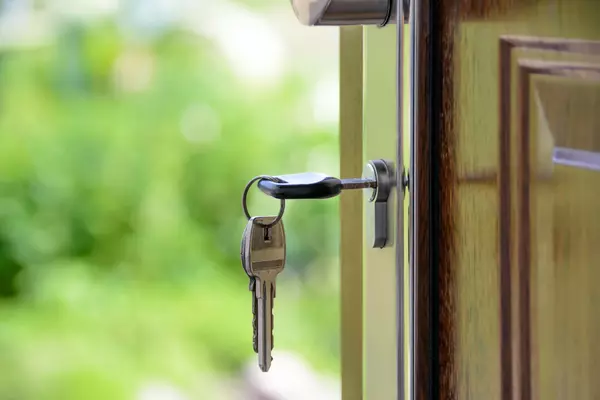



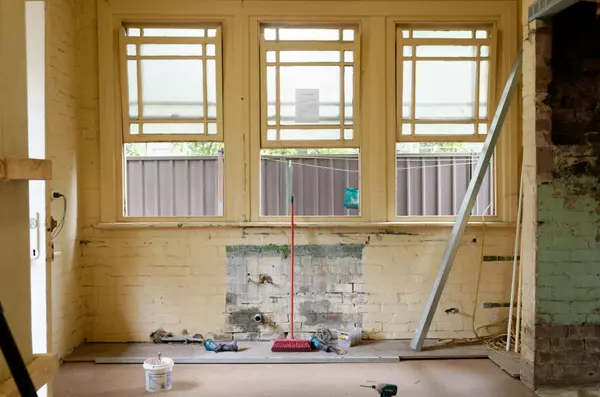
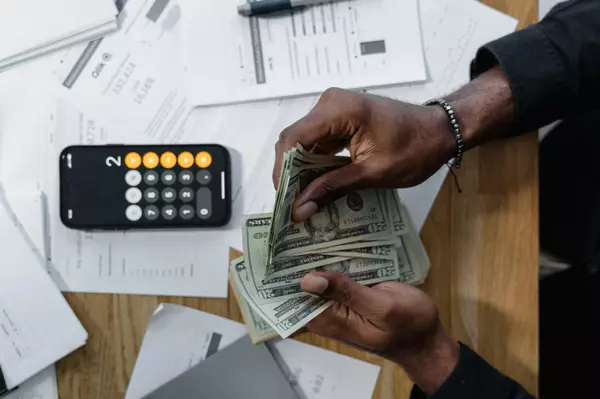
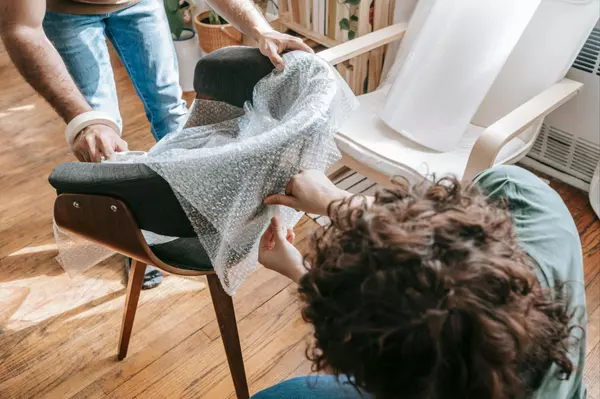
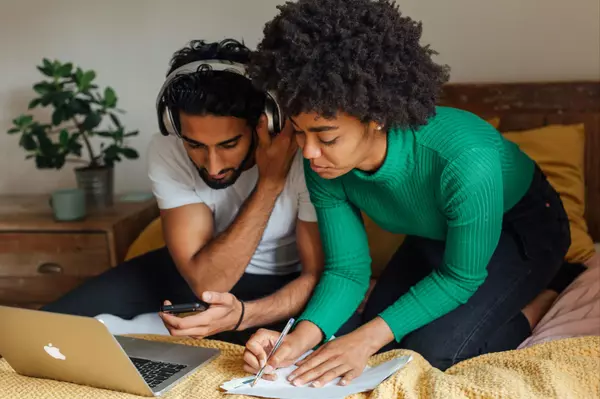
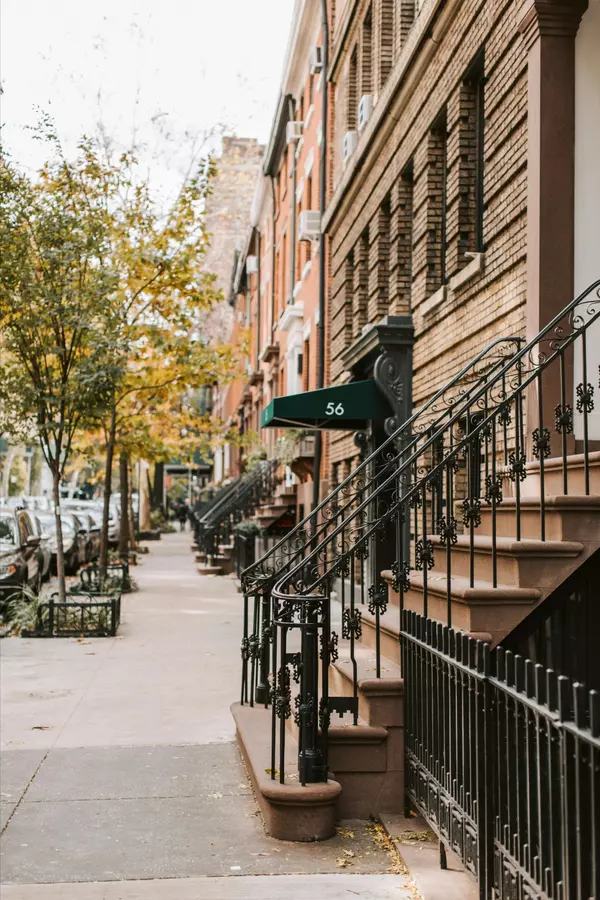

GET MORE INFORMATION

